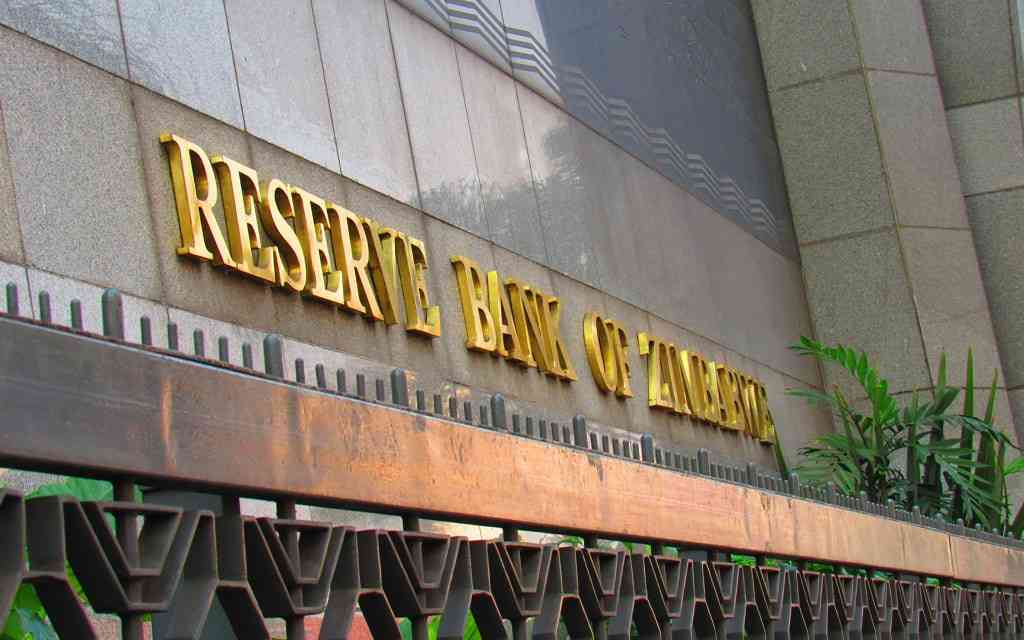
LOCAL legal think-tank, Veritas has called on the government to cut down on wasteful spending which it says is depleting other crucial areas of the economy.
This comes as the government exhausted the 2024 Budget within 10 months, which was ZWL$ 58,2 trillion (approximately ZiG23,3 billion).
Moreover, the country is drowning in debt which now stands at US$21 billion.
Recently, the Ministry of Finance, Economic Development, and Investment Promotion directed all ministries, departments, and agencies to stop foreign travel, cut back on their fuel allocations by 50%, and not make any new procurement of goods and services in November and December.
“It is clear that the government should implement the following steps immediately to turn the tide from further sinking into debt: the government has to cut back on wasteful expenditure, the government has to restructure its wage bill, especially at the Executive level and at parastatals,” said Veritas in a statement.
“ZIMRA has to be more aggressive in tax collection, corruption should be fought with everything at the State’s disposal, and the sovereign debt restructuring – it now stands at a staggering US$21 billion [and perhaps more.”
Veritas said the government has to start living within its means and stop overgenerous hand-outs to top officials at the taxpayers’ expense and starving other ministries.
“It became clear that education, health, water and sanitation, and energy were grossly underfunded and hence the majority of the population were struggling and living in poverty. While the economy is tipped to rebound from the El Nino induced drought, the fiscal space remains constrained and the disposable incomes of the working class remain meagre and inadequate,” it read.
- Zacc descends on 'delinquent' schools
- Cartoon: September 13, 2022 edition.
- Another council boss claims victimisation
- A president who’s always seeing enemies, detractors is oftentimes the problem
Keep Reading
“The economy will continue to informalise and bleed jobs as the currency crisis continues and the foreign exchange shows little signs of stabilising in the near future. According to Treasury reports, by September 30, 2024, four departments had utilised more than 100% of their approved budgets. The following are the departments that had spent more than budgeted: Office of the President and Cabinet [OPC] (109%); Transport and Infrastructural Development (162%); Agriculture (105%) and The Judicial Service Commission (106%).”
It noted that more important institutions like the Zimbabwe Anti-Corruption Commission, the National Prosecuting Authority, Health and Child Welfare and the Environment and Climate were underfunded.
“During the same period the following institutions had the least disbursements: Zimbabwe Anti-Corruption Commission (7,7%); ZACC was underfunded despite the rising corruption cases in the public and private sectors, especially among the elites,” read the statement.
“National Prosecuting Authority (38,6%); This is very worrying considering the time it is taking to prosecute criminal cases in the courts and some criminals going scot-free because of inadequate investigations or failure to prosecute cases timeously.”
Veritas said these figures relate to the unfortunate reality of our deteriorating public health system, the mushrooming corruption in both private and public spheres, the lack of social safety nets for the poor and vulnerable, and token attention to emerging climate change effects.
“Public Service and Social Welfare (19,68%); This is the ministry that has the responsibility of providing social safety nets to the poor and vulnerable groups and providing fees for poor children under the Basic Education Assistance Module and cash transfers to poor households, especially during tough economic times like the present El Nino induced drought. The underfunding is horrific and shows a lack of care for ordinary citizens,” it read.
“Health and Child Welfare (44,33%); The underfunding of primary health care has given rise to diseases like cholera in urban areas failure to offer basic services to ill persons at primary health centres and the low nurse-to-patient ratio and doctor-to-patient ratio in public hospitals.
“Environment and Climate (49%). The level of funding for climate change adaptation and mitigation is not commensurate with the level of talk by officials at international forums and shows their lack of commitment. It is particularly reprehensible that many poor rural families have no access to potable water and electricity.”











